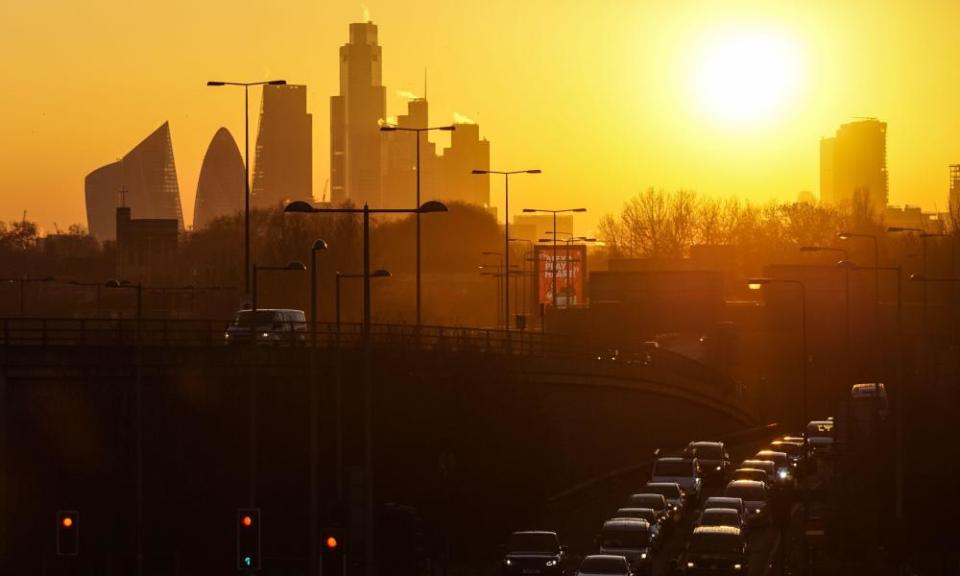Pollutionwatch: the fight to protect children from dirty air

Last week the high court ruled that the UK Environment Agency must do more to protect a five-year-old boy from dangerous fumes leaking from a nearby landfill site. It was among recent legal cases focusing on air pollution.
In 2020 the coroner’s court concluded that air pollution was a factor in the death of nine-year-old Ella Kissi-Debrah, who lived alongside London’s South Circular road, and in 2021 French courts halted the deportation of a Bangladeshi man due to the risks posed by air pollution in his home country.
More cases are likely. The environmental law charity ClientEarth and the law firm Hausfeld are looking for people whose health has been harmed by illegal pollution to join a new action. ClientEarth has already won three court cases against the UK government, with ministers being ordered to produce new plans to tackle air pollution. Time is short.
New cases would take place under the EU principle of state liability, which will only be valid in the UK until the end of 2022. The ClientEarth lawyer Katie Nield explained: “We want to force the government to shoulder responsibility for the real-life consequences of illegal air pollution to date and increase the pressure on ministers to protect people from toxic pollution going forward. It’s a legal avenue to give people the chance to push for change.”
Rather than relying on court cases, is it time for a right to clean air? In March this year the UN called for the global recognition of the right to a healthy environment, which would include air quality. This right is already recognised by 80% of UN members, but the UK and US are not among them.
In November the people of New York will vote on the inclusion of environmental rights in their state constitution. Such rights could guide legalisation and lead to better decisions to prevent pollution and importantly protect vulnerable groups, including children.
This year, the parents and children of Yerbury primary school in north London won a high court battle to stop an Ocado distribution depot being built on the edge of their school playground. This depot would have operated 24 hours a day, seven days a week, with parking space for more than 100 vans. With construction under way, the court case was won on a planning technicality. The development was halted, but a right to clean air might have prioritised the children’s health from the start.

 Yahoo Movies
Yahoo Movies 